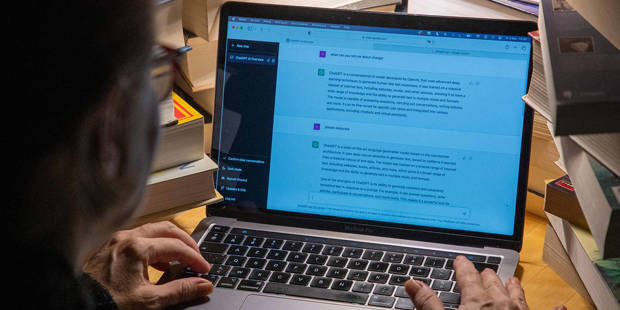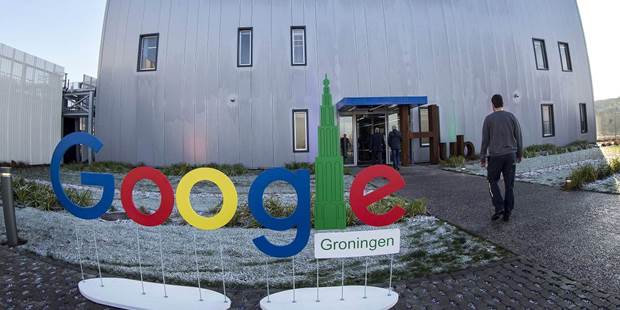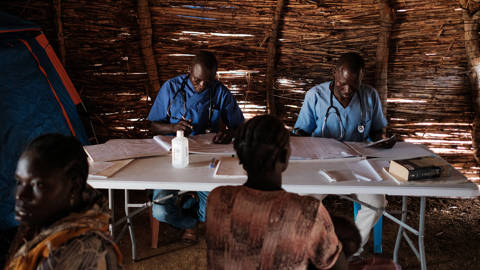Big Tech Is Watching – and Being Watched
Very thoughtful (2-fer) review. Thank you Bill Janeway! Spurs all kinds of questions about remedies. Anti-trust seems like an excellent place to start, but regulating conduct rather than breaking up the behemoths seems like the way to go. And who will lead? I think its much more likely a transnational European effort will have more bite than a US led effort -- even though the companies are US based. Or could, irony or ironies, authoritarian regime in their quest to suppress as the most effective counterweights? Lots Knightian uncertainty here!













